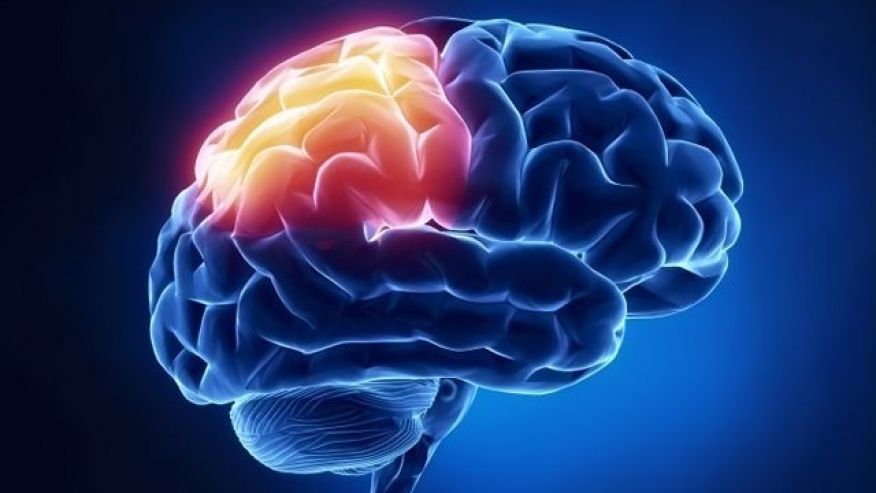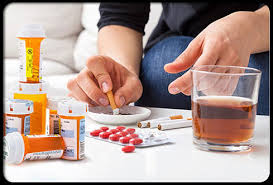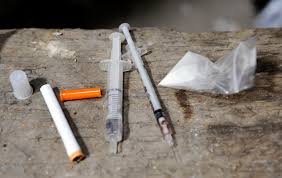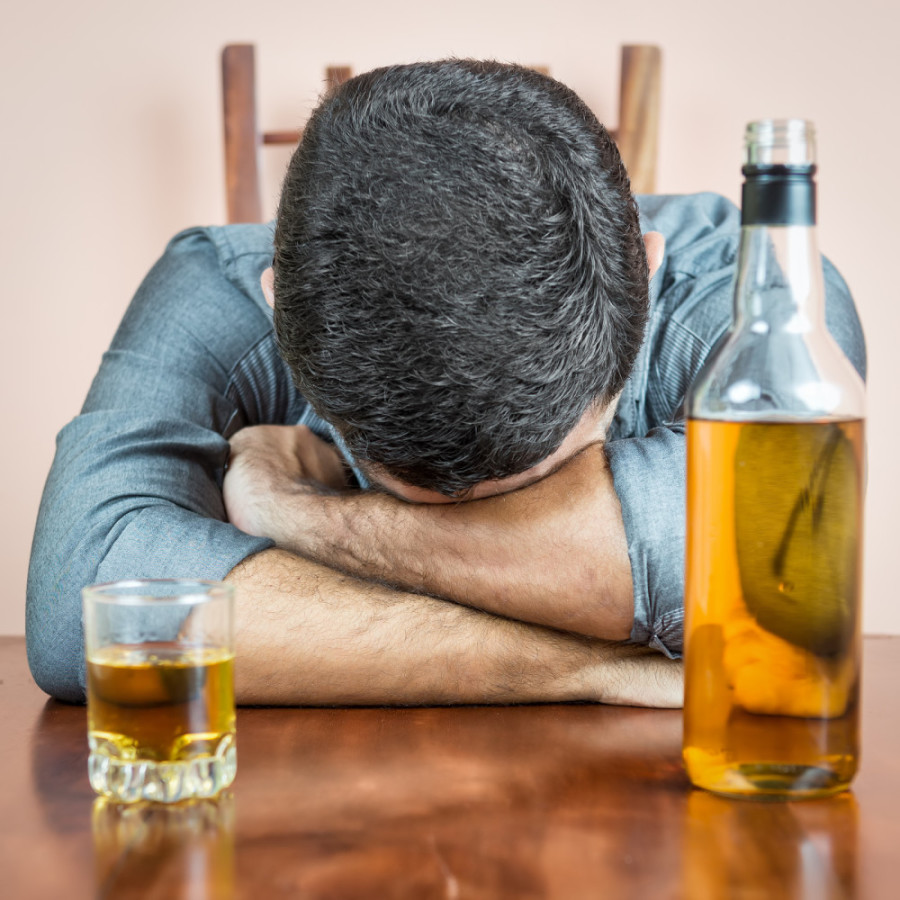Neurochemical reward elevation

Neurochemical reward elevation is triggered by substance abuse which has consequences in the brain functions
Neurochemical reward elevation: Addiction and the brain
With the neurochemical reward elevation, the user’s brain begins to associate the drug with an outsize neurochemical reward. Over time, this raises the amount of dopamine the brains think is normal. Like for instance, when a drug produce increases in dopamine in these limbic areas of the brain, then your brain is going to understand that signal as something that is very reinforcing, and will learn it very fast so that the next time you get exposed to that stimuli, your brain already has learned that reinforcing instantly. Over time, the consistently high levels of dopamine create plastic changes to the brain, desensitizing neurons so that they are less affected by it, and decreasing the number of receptors. That leads to the process of addiction, wherein a person loses control and is left with an intense drive to compulsively take the drug.
According to experts the reason why dopamine-producing drugs are so addictive is that they have the ability to constantly fill a need for more dopamine. So a person may take a hit of cocaine, snort it, it increases dopamine, takes a second, it increases dopamine, third, fourth, fifth, sixth. So there’s never that decrease that ultimately leads to the satiety. Addiction has to do with the brain’s expectations. An emerging idea is that drugs basically hijack the brain’s normal computational enjoyment and reward mechanisms.
For example, let’s say you’re happy about a great chocolate ice cream and over time you learn to expect that the chocolate ice cream is really great and you have no more dopamine released in expectation of that when you receive it. Nevertheless, if you take an addictive drug you can never learn to expect it because the drug itself will release an extra kick of dopamine. And when that happens, the value of that drug keeps increasing because now you’re learning that wow my expectations were violated, therefore this must be much more valuable than what I thought before. So what ends up happening is that dopamine system gets hijacked by these drugs.
It must be noted that there are other components to addiction like genetics and age of exposure which is why not everyone who takes drugs becomes an addict. Approximately 50% of the vulnerability of a person to become addicted is genetically determined, and research indicates that if a person is exposed to drugs in early adolescence they are much more likely to become addicted than if they were exposed to the same drugs as an adult.
Neurochemical reward elevation: Neurotransmitter dopamine
Doctor Dalal Akoury acknowledges that one of the key functions of the neurotransmitter dopamine is to create feelings of pleasure so that our brains associate with necessary physiological actions like eating and procreating. We are driven to perform these vital functions because our brains are conditioned to expect the dopamine rush. Addictive drugs flood the brain with dopamine and condition us to expect artificially high levels of the neurotransmitter. Over time, the user’s brain requires more dopamine than it can naturally produce, and it becomes dependent on the drug, which never actually satisfies the need it, has created.
Finally, AWAREmed Health and Wellness Resource Center under the able leadership of Doctor Akoury is a facility run by experts headed by doctor Akoury, for proper care and healing of whatever kind of addiction and whatever the level of addiction you need caring experts who will focus on Neuroendocrine Restoration (NER) to reinstate normality through realization of the oneness of Spirit, Mind, and Body, Unifying the threesome. This kind of treatment can only be found at AWAREmed. Reach out for help and get your life back with real professionals.
Neurochemical reward elevation: Addiction and the brain



